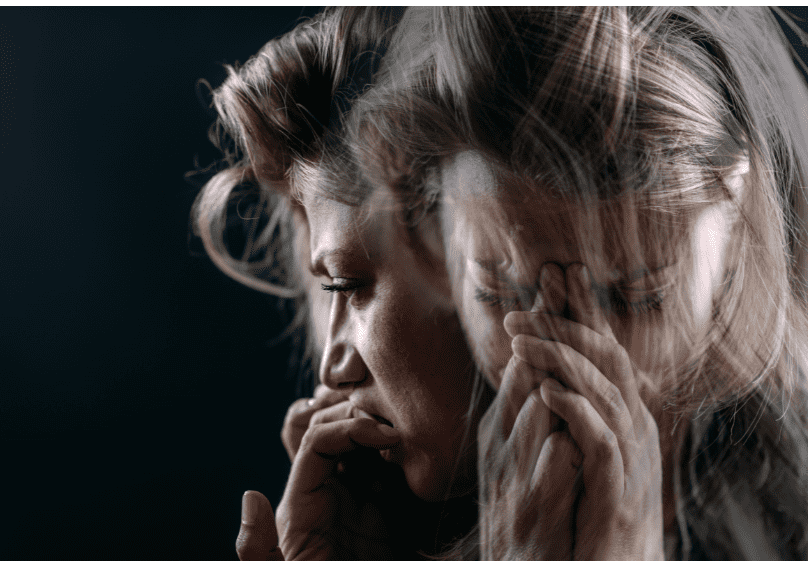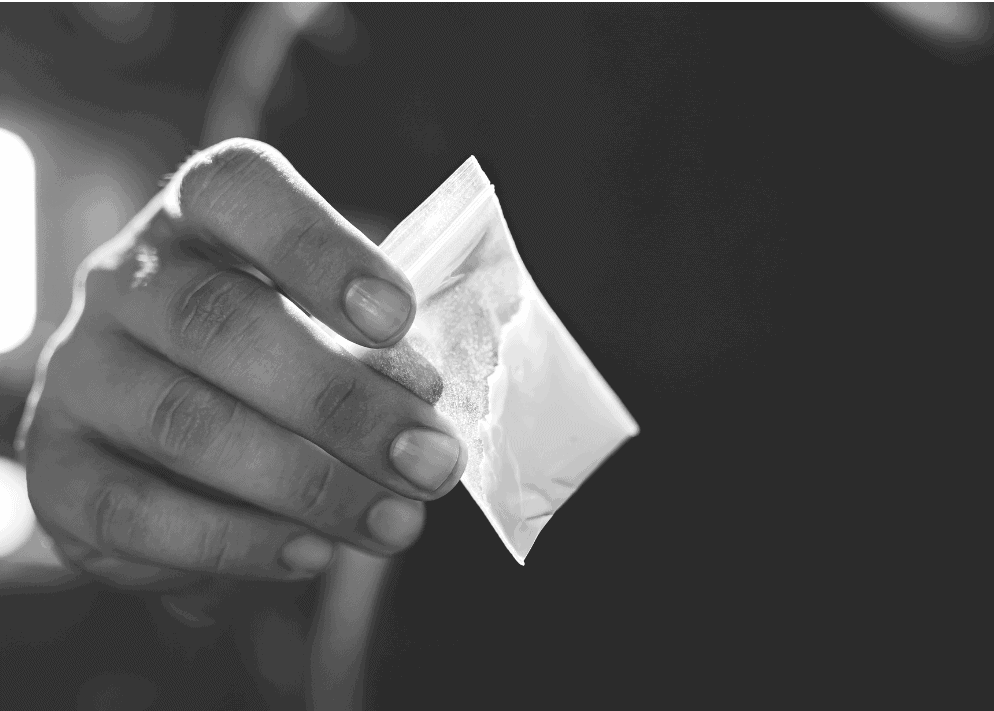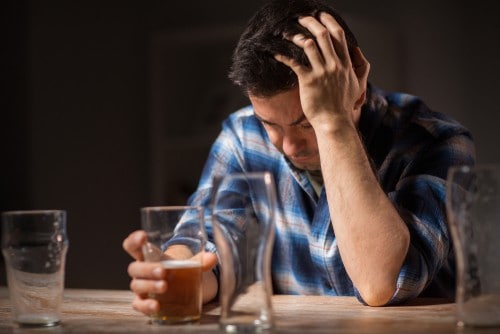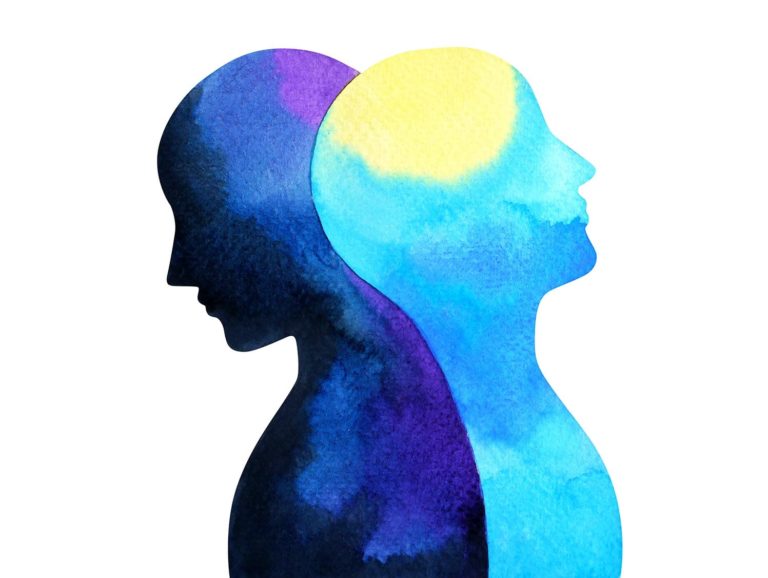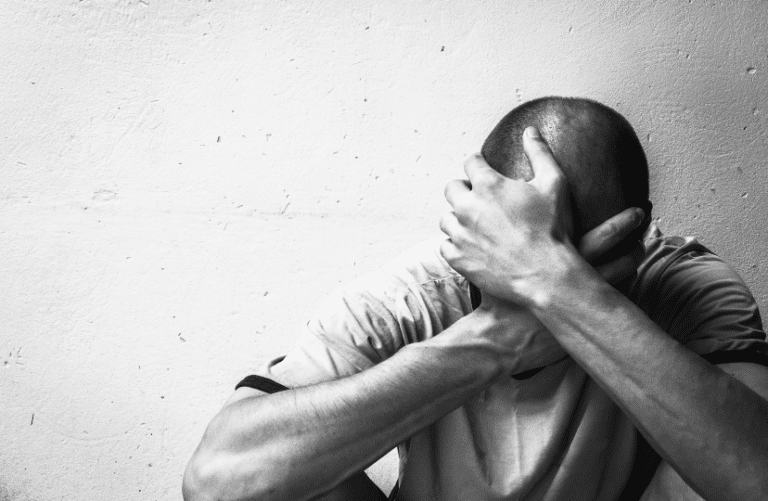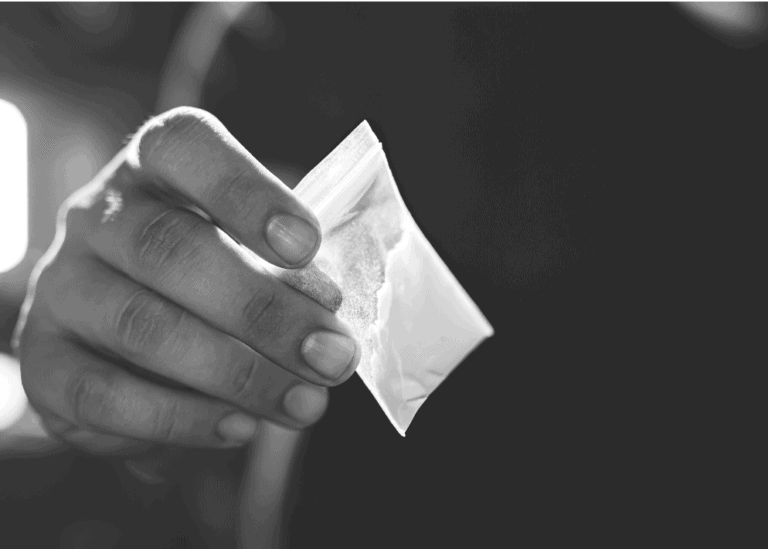Although many Americans do not realize it, taking care of one’s mental health is one of the most important parts of living a healthy life. Sadly, many live with mental health issues and conditions like PTSD and addiction. While these disorders undoubtedly have a predominately negative impact on one’s life, post-traumatic stress disorder and addiction affect the human brain in similar ways. This means that it is possible to treat both of them in order to make living with them more manageable. However, it also means that having PTSD may make a person more likely to develop an addiction.
What is Post-Traumatic Stress Disorder (PTSD)?
According to the National Institute of Mental Health, post-traumatic stress disorder, abbreviated to PTSD, is a disorder that develops in some individuals after they have experienced a shocking, scary, or dangerous event. In traumatic situations like these, it is perfectly natural for a person to feel a sense of fear. However, fear can often trigger extreme emotional reactions. Most often, a person’s reaction is broken down into one of two categories: fight or flight. A person’s fear either subconsciously forces them to run away and avoid whatever is happening or attempt to defend themselves.
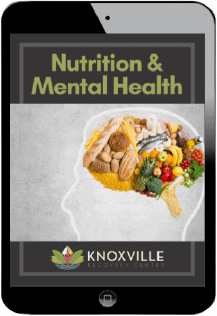
For many, the intense emotional reactions to traumatic events and symptoms of one’s fight or flight instinct will fade over time. However, for some, the reactions, emotions, and more never seem to disappear. They remain and can even become triggered, causing a person to experience the event or part of the event over and over again. A person who experiences this phenomenon is a person who is living with PTSD.
Common Events that Lead to PTSD
Although violent or dangerous events are typically associated with PTSD, any sort of traumatic event can lead to a person developing PTSD. Some common events that can lead to PTSD include:
- Serious accidents and injuries
- Natural disasters
- Military combat
- Acts of terrorism
- Physical or sexual assault
- The death of a loved one
Categories of PTSD Symptoms
PTSD affects every person living with it differently. However, many of those living with PTSD will often experience similar symptoms. The symptoms of PTSD are split up among four categories, which include:
Intrusive Memories
The symptoms of intrusive memories surrounding a traumatic event typically include:
- Recurring memories
- Night terrors
- Vivid flashbacks
- Extreme physical reactions
Avoidance
The symptoms of avoidance with PTSD often include a person attempting to avoid talking or even thinking about a traumatic event as well as avoiding people, places, and activities that may trigger thinking about the event.
Dramatic Changes in Thought or Mood
The symptoms of changes in a person’s thoughts or overall mood usually manifest as the following:
- Emotional numbness
- Relationship issues
- Being unable to have positive emotions
- Memory problems
- Negative thoughts and feelings about themselves or others
Changes in Emotional Wellness and Reactions
Lastly, with PTSD, a person may exhibit symptoms indicating changes in their emotional wellness and reactions. These can include:
- Irritability
- Appearing guarded at all times
- Feeling guilt or shame
- Insomnia
- Issues concentrating
- Self-destructive behavior
What is Addiction?
Like PTSD, addiction is a disorder that can have a severe negative impact on an individual. According to the American Psychological Association, addiction is a chronic disorder that occurs when an individual uses a substance or engages in a behavior that feels rewarding and encourages them to repeat it – despite any and all negative consequences that substance or behavior may cause. A person can develop an addiction to a number of substances or behaviors. Some of the most common include alcohol, drugs like opioids and methamphetamine, and gambling.
What Makes a Person More Likely to Develop an Addiction?
Anyone can develop an addiction. However, certain populations and people can be more likely than others to develop an addiction due to a variety of factors. These factors include:
- Genetics
- Current environment and lifestyle
- Past environment and lifestyle
- Poor mental health
- Exposure to addictive substance and behaviors
Ready to Learn More?
Download Our Free Addiction Treatment eBook today!
"*" indicates required fields
Signs of Addiction
Unfortunately, many of the signs of addiction look similar to symptoms of PTSD. This can make it difficult to determine which disorder is affecting a person. In any case, signs of addiction usually include:
- Changes in behavior
- Changes in spending and managing finances
- Decreased appetite
- Weight loss
- Lack of motivation
- Looking sick
- Becoming defensive when asked about a substance or behavior
How PTSD can Lead to Addiction
Both post-traumatic stress disorder and addiction have dramatic effects on a person. They can completely change their mindset, emotional wellbeing, behavior, and physical appearance. This is because PTSD and addiction primarily affect a person’s brain. These disorders often wreak havoc on the brain. This is what causes many of the symptoms of both disorders, such as changes in emotions and behavior.
By essentially weakening a person’s mental health, a person with PTSD is more likely than someone without it to develop an addiction. Oftentimes, addictions begin with a person self-medicating. They attempt to solve mental or even physical health problems with alcohol, drugs, or behaviors like gambling. These substances and behaviors can provide them with some pleasure, especially at first. However, because a person is focused on managing their PTSD symptoms, they are less likely to effectively manage a substance or behavior, which can, unfortunately, allow the substance or behavior to take control of their life.
If an individual with PTSD does develop an addiction, they must treat both disorders at the same time. Sadly, PTSD and addiction often reinforce each other. In order to successfully recover from one, a person must recover from both.
Looking for Post-Traumatic Stress Disorder and Addiction Treatment?
Post-traumatic stress disorder and addiction are two incredibly difficult disorders to recover from and manage in day-to-day life. However, it is possible to overcome them with professional help. At Knoxville Recovery Center, our team of mental health experts and addiction specialists provide numerous treatments and therapies. Our care can provide you or your loved one with the support they need to combat their PTSD, addiction, or both. Contact us today to learn more!



